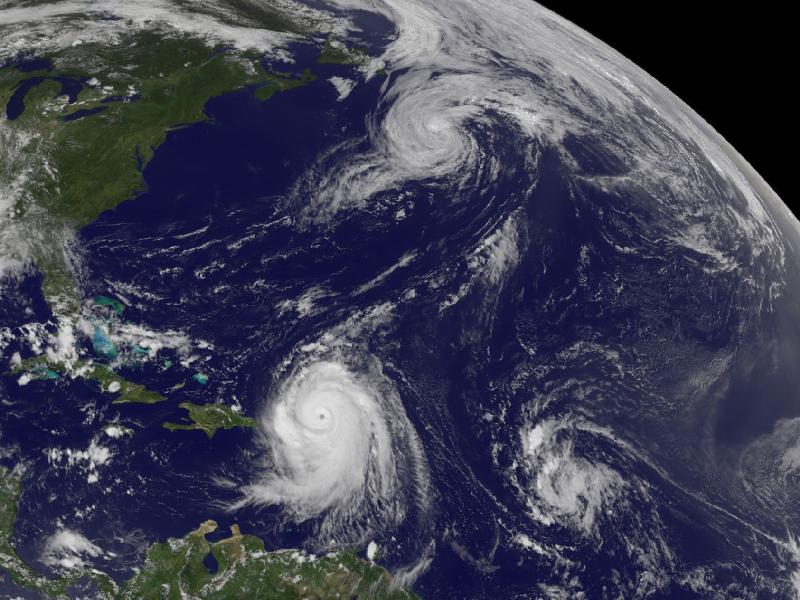Will China’s moonshots rejuvenate America’s respect for science?
China has already sent two unmanned lunar probes to the moon, and China has bold plans to send several astronauts to the moon by 2017. While those Chinese astronauts are on the moon, they plan to mine helium 3, an ideal fuel for nuclear fusion. We can assume that when Chinese astronauts step onto the moon, video cameras will be bringing beautiful images back to the world, which will then applaud China’s great technological achievement, to America’s begrudging dismay. Thus, China is about to a space exploring nation in a dramatic and visible way. This is exactly what American needs. Why? China’s highly visible lunar program comes at a time when American is dramatically cutting its space ambitions (including the Shuttle program). America is being subjected to systematic campaigns disparaging science, much of it driven by religious leaders, corporate disinformation and government attempts to manipulate data. At the same time, anti-science religion is thriving in many American classrooms. The United States is essentially a warmongering nation; we lurch from war to war. Americans apparently need an enemy to make sense of things. For us to get our heads back into science and math, we apparently need a math and science “enemy,” someone to intellectually challenge our standing as a technologically "advanced" nation. [More . . . ]

